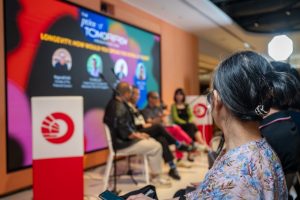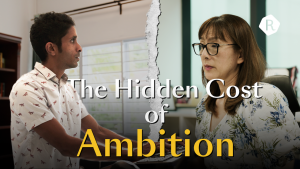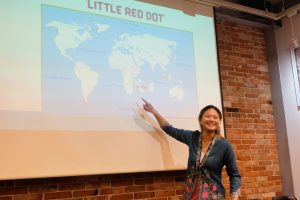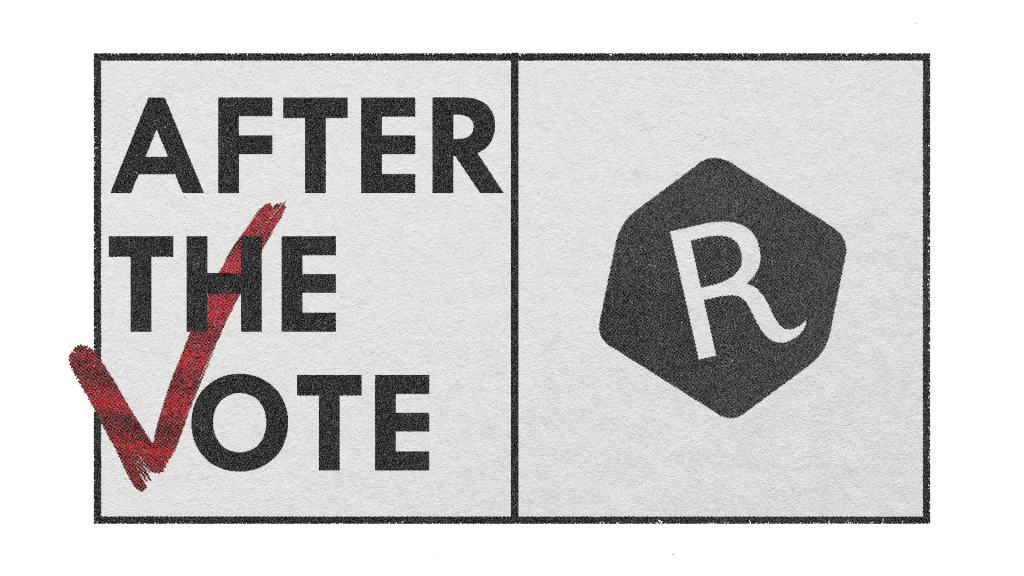
‘After the Vote‘ is a RICE Media series where Singaporeans from all walks of life share their hopes for Singapore—the changes they envision, the values they want to uphold, and the future they want to help shape.
We take a step back to explore the bigger picture: What kind of Singapore are we building beyond the ballot box? Through these conversations, we uncover the aspirations and concerns shaping the nation over the next five years and beyond.
The views in ‘After the Vote’ are those of the interviewees and based on their experiences; they do not reflect the publication’s stance.
All images courtesy of Chloe Lin.
At 35, Chloe Lin found herself at a crossroads familiar to many women. She wasn’t ready to have children yet, but she also didn’t want to leave it entirely to chance.
Though she has a long-term partner, they felt they needed more time to travel, grow their businesses, chase personal goals, and build the kind of financial stability that would allow them to be fully present as parents.
In February 2025, Chloe—who creates financial content under the handle Arigato Investor—had her first egg-freezing consultation with a doctor. What followed was a month-long process involving hormone injections, a minor surgery to retrieve her eggs, and a $17,000 bill.
It was a hefty price tag, but Chloe tells RICE she sees it as buying herself more time.
She’d spent her 20s sure that she didn’t want kids. But the more she witnessed the joy other married couples experienced with their children, the more she began to embrace the idea of motherhood.
“I started to research, and I realised that even though I feel healthy, young, and energetic, it’s true that the egg quantity and quality will decrease as you age,” Chloe says. “And that was when I think there was a lot of fear that was triggered in me.”
She counts herself lucky to be able to afford egg freezing. But she’s also keenly aware that many other Singaporean women don’t have the luxury of ‘buying time’ in their fertility journey.
RICE is taking a longer-term view towards the Singapore we’re collectively building. And Chloe has plenty to say about how we should be supporting Singaporean women in planning motherhood on their own terms and timelines.
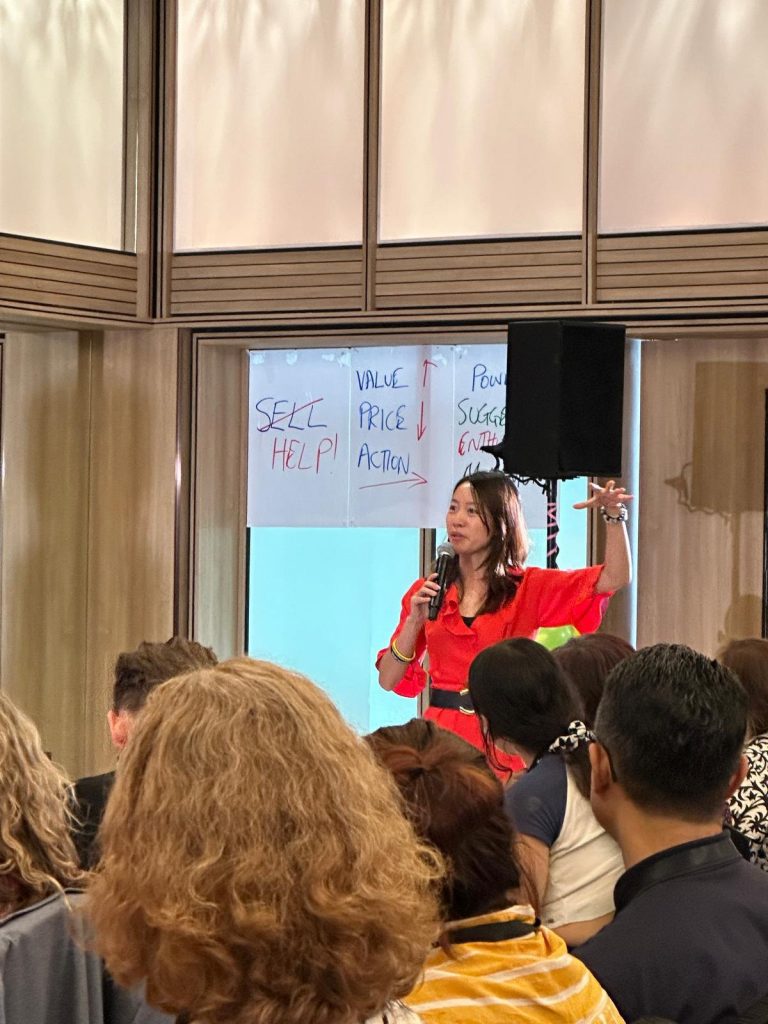
What is one change you hope to see in Singapore by 2030 that would make life meaningfully better for people like you?
As I was going through the egg freezing process, I was thinking: If only we single ladies also had the ability to be subsidised. Even just the ability to tap into our Central Provident Fund (CPF) for egg freezing would be really, really nice. Because I know it’s still quite a huge cost to most Singaporean singles.
When I told my friends how much the investment went into my egg freezing cycle, they were all shocked. Some of them said, “Then I won’t be able to do it. I won’t do it because it’s just too much”.
But all of them are pretty much like me—not ready to have kids yet. Many are unmarried— some of them don’t even have a boyfriend—but they are already in their late 20s. Some of them are already in their early 30s.
The decision to have children requires a great deal of consideration. And especially as women, they want to be certain about the person they marry. At the same time, they want to ensure that they are financially stable.
And by the time they feel they’re ready, a few years down the road, they may not be able to conceive naturally.
I know of people who undergo In Vitro Fertilisation (IVF) at this juncture and have failed on several occasions. It can be very traumatising, not just for the woman, but for her partner as well.
If women were given the choice to freeze their eggs with a subsidy, that would be awesome. If not, just being able to use CPF for this would alleviate the burden. You wouldn’t have to fork out so much cash.
It would definitely encourage more single women to think: Can I plan it earlier? As I was talking to my doctor, who did the egg freezing process with me, something she said resonated with me: Our society is so planned in terms of insurance, but we do not plan for fertility. And nobody ever thinks about egg freezing as a form of insurance.
Of course, it’s not a 100 percent guarantee. But at least you increase your likelihood of getting what you want, which is a proper family with kids in the future.
How would subsidising egg freezing help Singapore’s fertility rate? How would it differ from handouts like Baby Bonus?
I am very happy that the government is offering baby bonuses to encourage more births. But just because you gave me a few thousand dollars, it’s not going to convince me to give birth or have more kids.
I think our priorities have changed over the years. The cost of living in Singapore is high, so a common goal for couples is to ensure they are financially ready.
Baby bonuses don’t really alleviate the true cost of having and raising a kid. I think that’s why, despite the fact that there are so many subsidies, it doesn’t really encourage more people to have children.
And so I feel like the government can address the issue in a different way. Let’s not just look at married couples. Let’s look at the singles.
What if you give them a choice, an option, to unlock their potential fertility in the future by providing them with the support they need right now?
For some women, I believe the desire to have children often emerges as they age.
When I was in my 20s, I never thought that I wanted to have kids. As I age and become more financially stable, I started feeling that I really want to have a child.
And that was when I realised it would be beneficial to educate women early on about the egg freezing process.
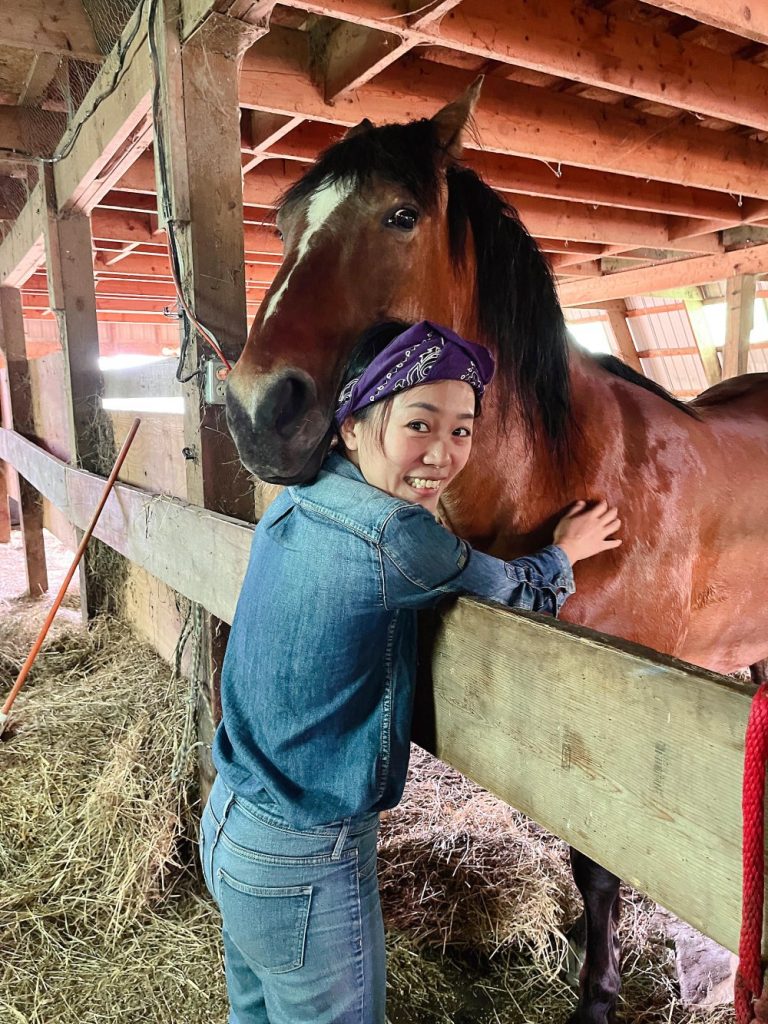
It’s not about forcing or nudging women to have children now, but rather letting them know more about the options available to them in the future. I think that’s a very good way to indirectly help boost the fertility rate.
What’s a challenge Singapore must overcome in the next six years to stay a place where people want to live and thrive?
I think Singapore is a beautiful place to live. It’s so safe, and there’s a lot of stability. I think the challenge is really just to encourage more childbirth.
Singapore has been trying to encourage that, but we can see from our fertility rate that it’s not helping. We end up importing a lot of foreign talent to make sure the population is healthy, balanced, and growing.
Foreigners who undergo the citizenship process can eventually develop a sense of belonging to our country, but it will take time.
I know this because I’m a naturalised citizen myself. I was born in China and came to Singapore with my mother at the age of 15. It did take a few years for me to feel that sense of belonging.
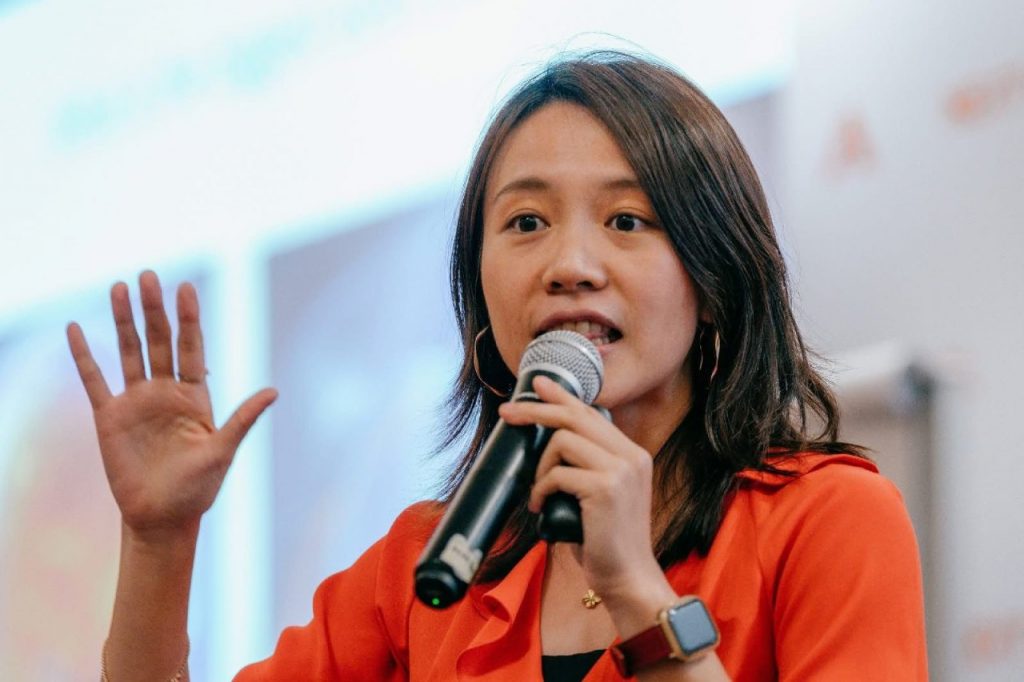
Ultimately, population growth is a key factor in driving economic development and a country’s overall strength.
If the government is able to address Singapore’s fertility issues with a new perspective or a new initiative like making egg freezing more accessible, there’s no harm in trying, right?
If you could introduce a new national priority for Singapore, what would it be, and why?
I would say it would be introducing the concept of fertility planning at a younger age. For example, giving fertility talks to young adults when they’re about university age, or right when they are about to enter the workforce.
At that life stage, a lot of people will be thinking about growing their careers and graduating. They’ll be making plans for their finances, future education, and their future.
But what about planning for their fertility?
Maybe you don’t have to go through the process just yet—and having been through it, I can say that it’s not an easy process. But at least you can go for initial tests to find out about your fertility situation.
I didn’t know about this until I went through egg freezing, but you can actually do fertility screenings to ascertain the health and number of your eggs. I found out that my number was actually on the lower side. If I had waited a few more years to do egg freezing, the number would have dropped even more.
If more women can just go for this test, they’ll have a better idea of their fertility. It would be even better if this test, which costs a few hundred dollars, could be subsidised.
What small shift—policy or mindset—could make a big difference in the daily lives of your community?
I think the mindset shift would be for young adults to think more long-term about their decisions. I don’t just mean in the next few years, but what they want to do in 10 years’ time.
When I was young, I never thought I would have to go through all this for the sake of having kids. But I think wisdom comes with experience. If I had been exposed to this concept of planning for my fertility earlier, maybe I would have made the decision earlier. Or, at least, I would have gone for fertility checks earlier.
Singles who need more time to figure things out before having kids could also do with more fertility support.
I think the government has been trying to make housing really affordable for young couples—for example, the Built-To-Order scheme. That’s great! But even if you’re locked in and committed, things can still fall apart.
I was in a relationship in my mid-20s. We even got a BTO. But eventually, we decided to break up, and we forfeited the BTO unit.

Initiatives like the BTO scheme make it easier for a couple to buy a house together. However, that doesn’t mean they are willing and ready to have children. Usually, by the time they are financially ready, they are in their 30s.
It’s good if they can conceive naturally… but this is also when a lot of people realise that they can’t.
If fertility initiatives can be introduced earlier, perhaps in their mid-20s, for them to at least have screenings or even have insurance for having frozen eggs, then it will be better.
Singapore moves fast. What’s one thing we need to slow down for?
Sometimes we are so caught up in the idea of building a better life and having more money. But we also end up postponing many things that we might want to do in life. Once you’re on this train, I feel that it’s hard to get off. I, too, am struggling and trying to figure out how I can slow down more.
At a recent personal development programme I attended, I was introduced to this concept of ‘purification’.
It’s a silent ritual where you sit down—for example, you could be having a meal—and you don’t talk to anyone. You also aren’t allowed to be on your phone. The idea is to just focus on what you are doing and be present. As I was eating silently, I realised for the first time how delicious my food was.
I think this simple exercise can also be applied at the school level, so more people can start to feel the power of being present. When you’re present, you slow down, and you feel so much more relaxed and happier.
What’s one thing about Singapore you’d want to protect for the future?
When I first came to Singapore, I didn’t really feel like I belonged for the first few years. But over time, as I continue to read more about what Lee Kuan Yew did for Singapore and how the country became what it is today, I’m so proud. I really feel proud to be a Singaporean now.
As I travel more, I realise that Singapore is such a beautiful and transparent place. It’s a great place to live. So, I think what I want to preserve is the idea of contentment—the idea of being truly thankful for what we have.
In 2030, what kind of Singapore would you be proud to call home?
I think the Singapore I’ll be proud to call home is a nation where people are united and focused on helping the nation to grow.
Rather than complaining, we should be appreciative of what we already have as a nation. At the same time, I hope the government continues to work in the best interests of the people.


